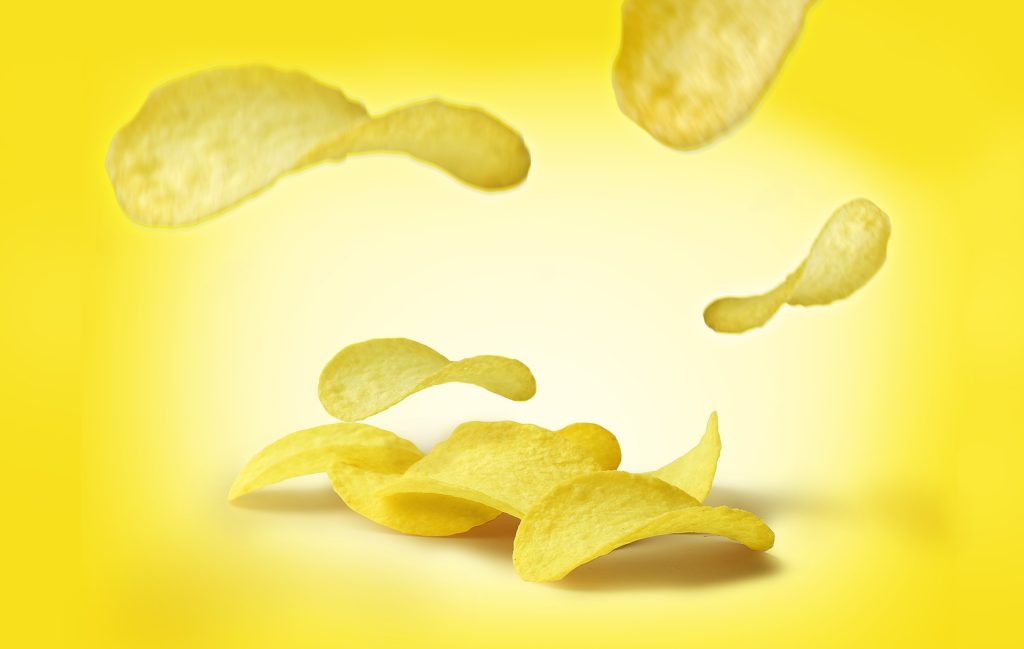San Diego, California–based couple Barry and Many Allred have filed two lawsuits against major CPG brands Frito-Lay and Pringles for alleged false advertising of their Salt and Vinegar chips. According to the Allreds, the products have a “naturally flavored” claim on their packaging, however according to their ingredient lists, the companies use artificial flavorings to simulate their the vinegar flavor.
The plaintiffs did their research in ingredients prior to initiating the lawsuit and argued that the amount of actual vinegar in the products is not enough to flavor all of their contents. In defense of their claims, the Allreds alleged that Frito-Lay and Pringles use a chemical version of malic acid (d-1-malic acid, which is made from benzene and butane) to produce the sour flavor associated with their Salt and Vinegar chips. However, they say the food companies give consumers the impression that they use the natural version of malic acid that is derived from fruits and vegetables. The companies just list their use of this ingredient as “malic acid” which according to the Allreds, is not clearly defining its chemical composition. In addition, the plaintiffs claimed that Frito-Lay incorporates both d-1-malic acid and sodium diacetate, which are manufactured from carbon monoxide and industrial methanol, to flavor their Salt and Vinegar chips.
In addition to being sued for violating California consumer protection laws, the two companies are being sued for class certification, disgorgement, restitution, damages, breach of warranty and attorney’s fees.
Kellogg tried to dismiss the punitive class action against them by arguing that the plaintiffs did not prove the company’s use of artificial flavors and that the Allreds only filed the lawsuit to confirm if their “guess” was correct. However, California federal judge, Anthony J. Battaglia, recently denied the motion because he believes that the plaintiffs have provided “in great detail the distinction between the natural and artificial versions of the ingredients.” Battaglia ruled the Allreds’ claims to be misled and potentially harmed in the future as adequately proven as a violation under California’s Unfair Competition Law (UCL).
“For our clients, having natural products is important to them, and if anything has artificial ingredients, it should be disclosed on the front or package of the bottle,” Ronald Marron, one of the attorneys representing the Allreds, told the Battle Creek Enquirer.
“If you have a choice to buy chips with real vinegar or malic acid, which would you prefer,” he added. “Would you be willing to pay more for that vinegar?”
Such lawsuits are common in the food industry because the FDA has yet to clearly define the term “natural” in food labelling. This is becoming an issue as more food companies try to appeal to consumers through healthy and “all natural” claims.
“Cereal companies like Kellogg and other food companies are getting more aware that people want to choose healthier food, so I think as a result of these lawsuits they’re getting better,” Marron said. “Lawsuits like this convey a public benefit because it helps modify the behavior of these corporate titans. The FDA is not doing it.”












Join or login to leave a comment
JOIN LOGIN